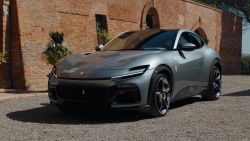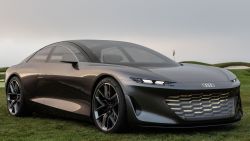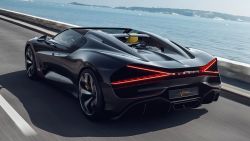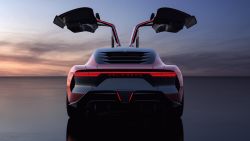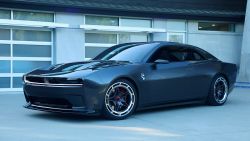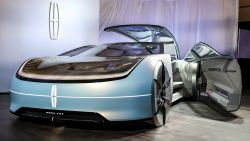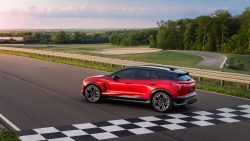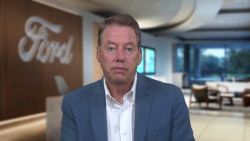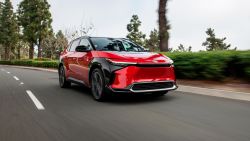Renault has replaced its chief executive for the second time in less than a year, as fallout from the ousting of Carlos Ghosn continues to destabilize the world’s biggest car-making alliance.
The French automaker announced Friday that Thierry Bolloré, who had led the company since Ghosn stepped aside in November 2018, would leave his post with immediate effect. Its global partner Nissan named a new CEO earlier this week to replace Hiroto Saikawa, who resigned after admitting that he and other executives were overpaid as part of a stock plan.
Renault said in a statement that Clotilde Delbos would serve as CEO until a permanent replacement for Bollore is found.
Bolloré did not go quietly. On Thursday, as rumors of his ouster swirled, he denounced the move against him as a “coup” in an interview with French newspaper Les Echos. “The brutality and the totally unexpected character of what is happening are stupefying,” he said.

Bolloré is the latest in a series of top executives to exit Nissan (NSANF) and Renault (RNLSY) after Ghosn, the former chairman of both companies, was arrested last year in Japan and later charged with financial misconduct.
The departures of Bolloré and Saikawa cap a tumultuous year for the alliance, which also includes Mitsubishi Motors. A proposed takeover of Renault by Fiat Chrysler (FCAU) collapsed in June after Renault’s biggest shareholder — the French state — dragged its feet.
Nissan, meanwhile, has been slammed by sluggish sales and a collapse in profits. The company announced plans in July to slash roughly 12,500 jobs and reduce its product lineup by at least 10% by the end of fiscal year 2022.
Ghosn is now under house arrest in Tokyo, where he faces charges of financial misconduct, as well as allegations that he understated his income for years and abused his position by transferring personal investment losses to Nissan. He denies the charges against him, claiming that fears over a merger with Renault prompted a revolt at Nissan and led to his ouster.
Like their rivals, Renault and Nissan are facing enormous pressure from a slowing global car market and the need to find resources to develop cleaner cars.


